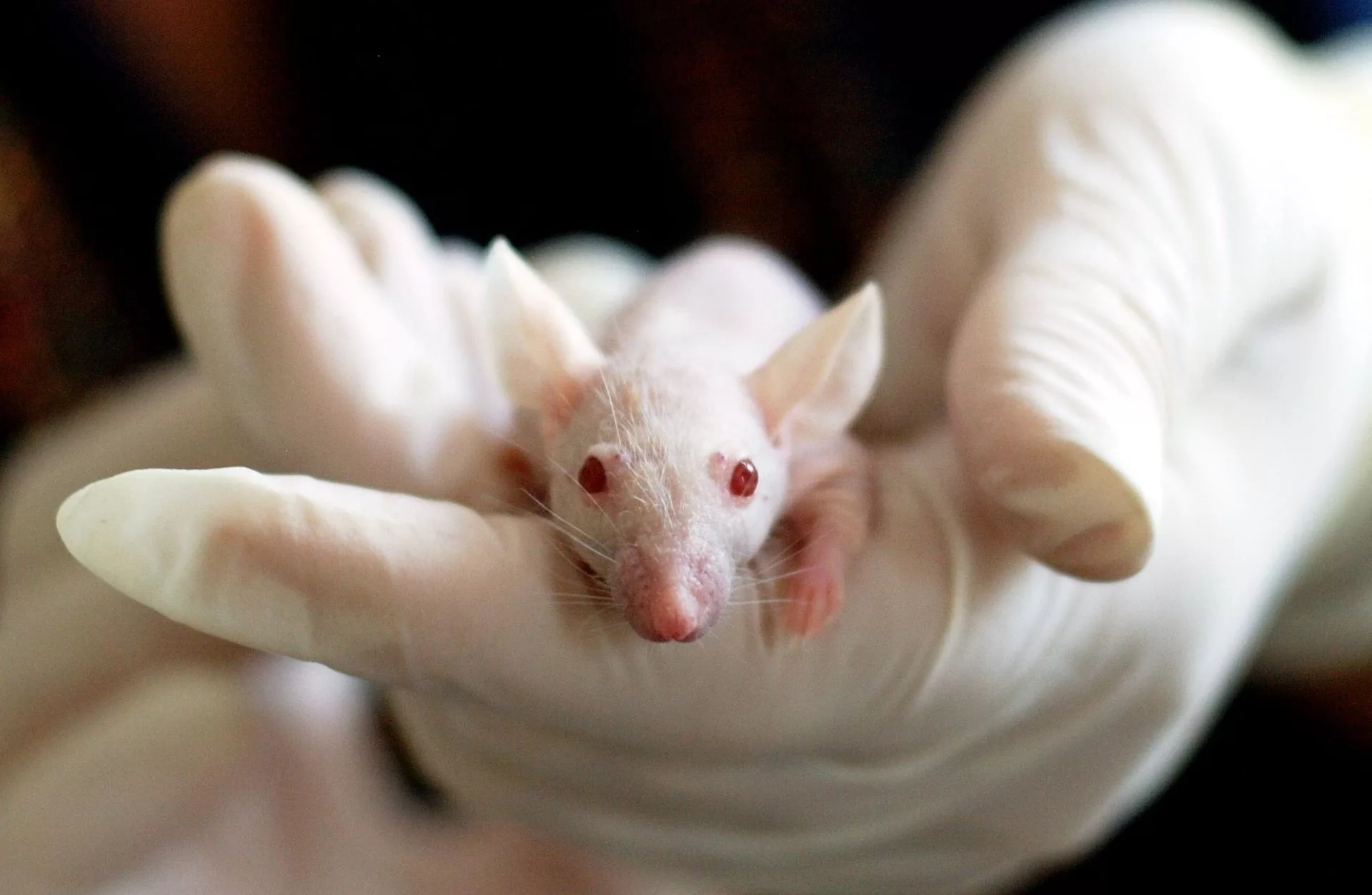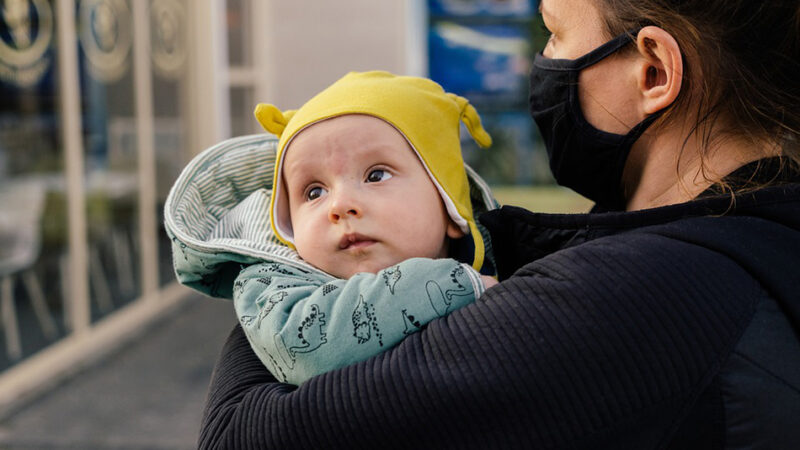Scientists Discover Yet Another Medication That Cures Cancer In Mice But Not Humans

By: Alan Chen
A new study from Purdue University showed that the drug diindolylmethane removed all traces of cancerous brain tumors in mice within three weeks. The group, led by Dr. William Killian, has found 14 cures for cancer in mice, none of which have cured cancer in humans.
“We’re really proud of the group,” said Mung Chiang, President of Purdue University. “Every year, someone from CNN writes an article about them. Even if they haven’t done anything for people yet, the government keeps giving us more grants for the research. They must really care about mice.”
“You kind of feel like a mouse hero,” commented graduate student Kimmy Kruger. “We can cure every kind of cancer in mice. The mice are so happy after being cured, I don’t even feel bad when I euthanize them after with our little mouse-guillotine.”
The undergrad intern of the team provides a different perspective. He spends his days constantly smoking by the mouse enclosures.
“When I applied for a biomedical engineering research internship, I thought I would be helping people, ” said Tommy Rodrieguez, a junior at Purdue. “Instead, I’ve just been giving mice cancer. Every day, my job is to give mice cancer. They don’t pay me much, but they do pay for my emphysema treatments.”
“It’s bitch work,” Kimmy added. “Of course we’re going to make the undergrad intern do it. I don’t want to spend my time giving rats cancer. Tommy is really good at it, his whole personality is cancer.”
We also interviewed Dr. Killian, not about the new drug, but about why so few drugs effective on mice work on humans. He had this to say:
“Regardless of all the science hype around it, unlike horses and donkeys, humans and mice aren’t actually that closely related. For example, our research has shown that when I fuck this mouse here, there wouldn’t even be a chance of conceiving a sterile mouse-human hybrid.”
An interesting take on the difference between species. In the meantime, if your $5 pet mouse reaches the ripe old age of 2 and a half and catches cancer, it’ll only cost $54,000 to add a few extra months to its lifespan.







